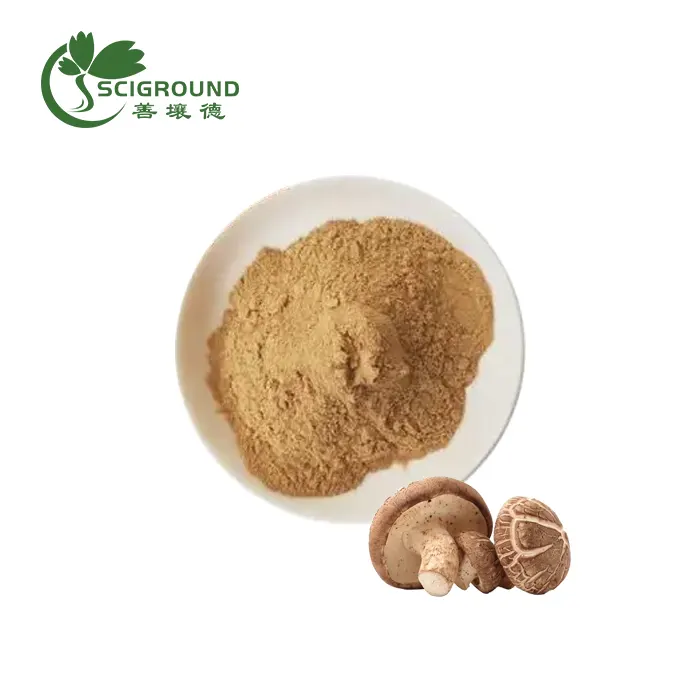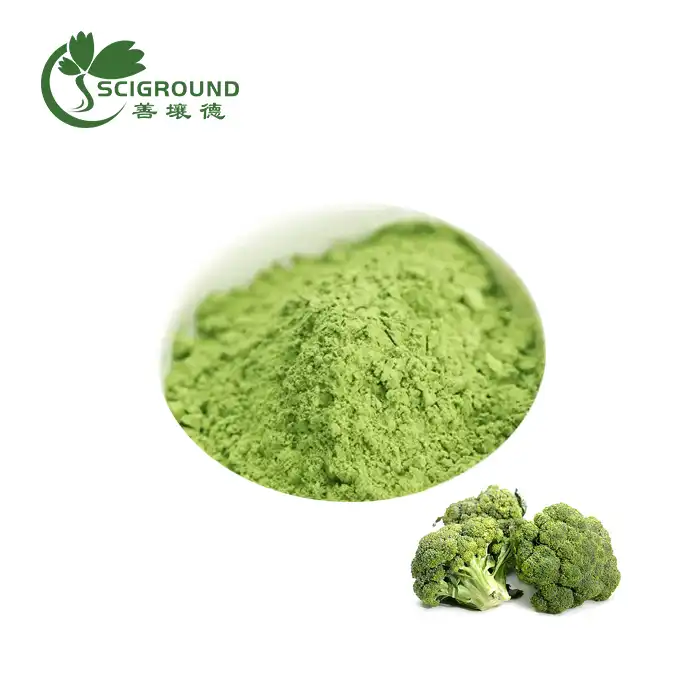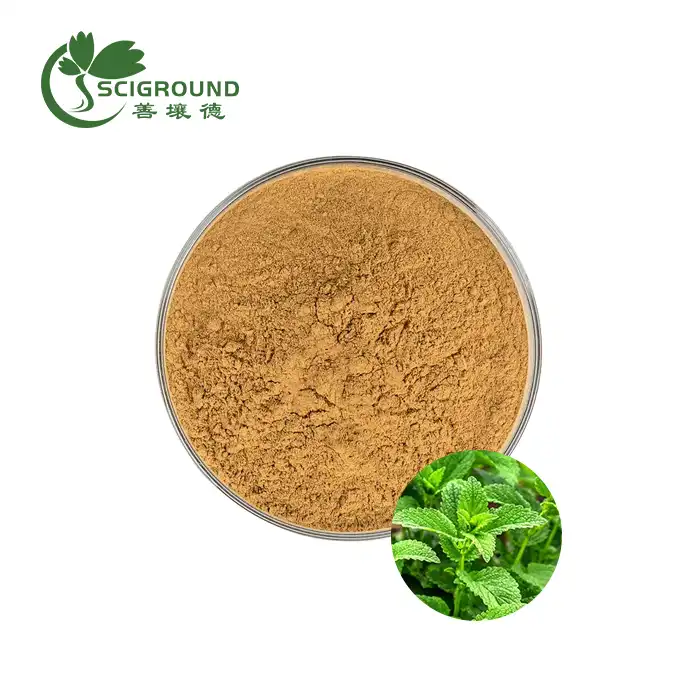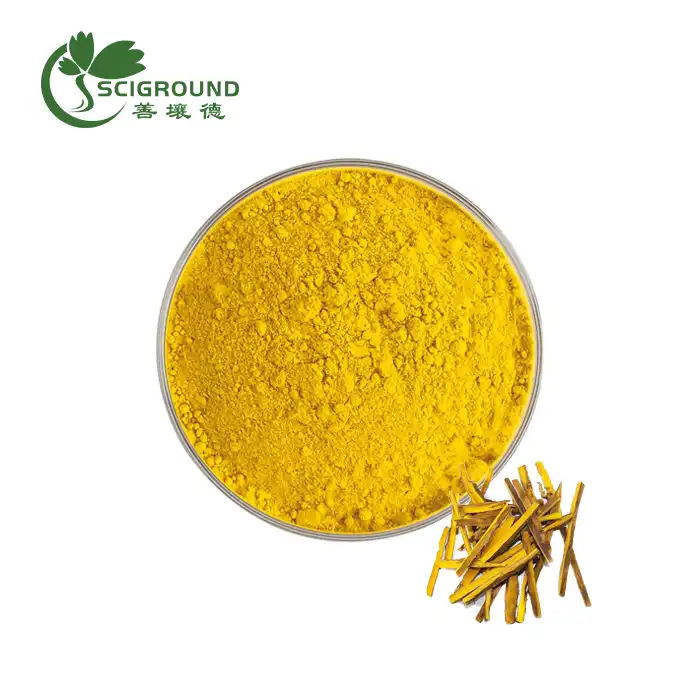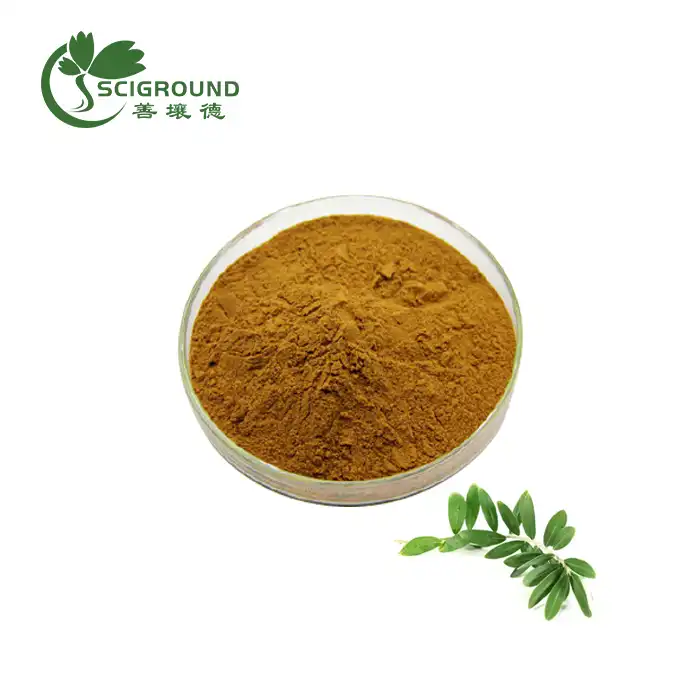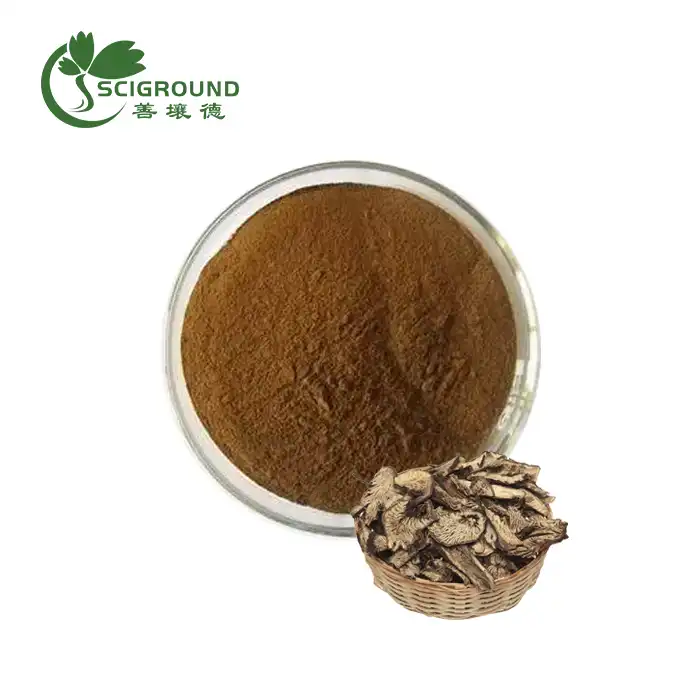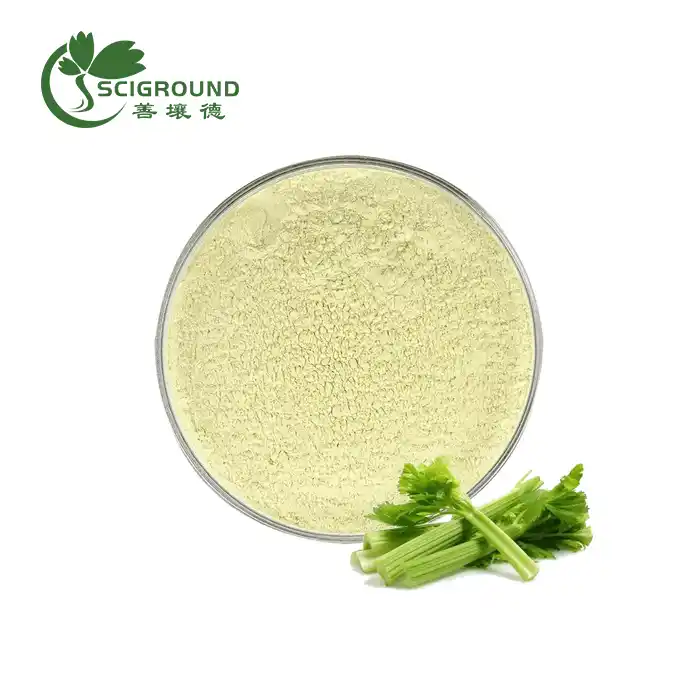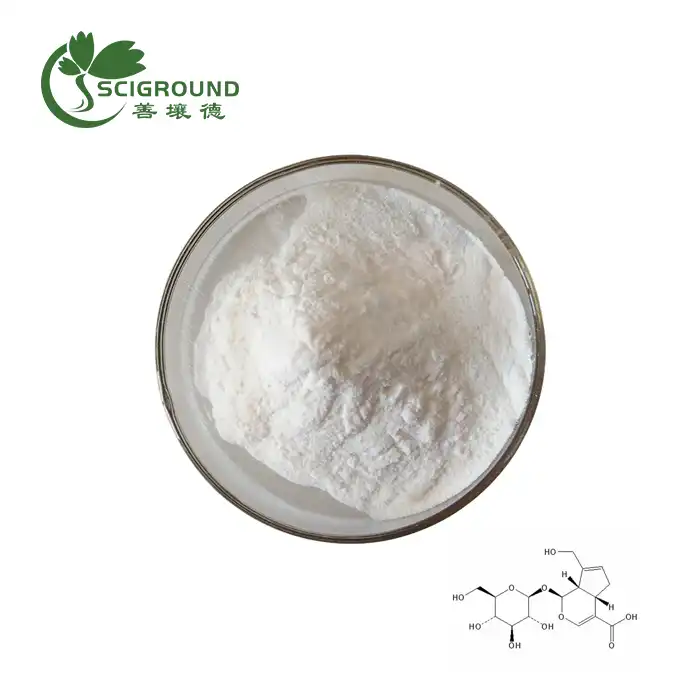What are the differences between MCT oil and MCT powder?
As the popularity of dietary supplements continues to rise, many health-conscious individuals are turning to MCT products for their potential benefits. Two common forms of MCT supplements are MCT oil and MCT powder. While both offer similar advantages, there are some key differences between these products that consumers should be aware of. In this article, we'll explore the distinctions between MCT oil and MCT powder, discuss how to use MCT oil powder effectively, delve into the nature of MCT oil, and examine the health benefits associated with MCTs.
How to use up MCT oil powder?
MCT oil powder is a versatile supplement that can be incorporated into your daily routine in various ways. Its powdered form makes it convenient and easy to use in a wide range of applications. Here are some popular methods for consuming MCT oil powder:
Smoothies and Protein Shakes
One of the simplest ways to enjoy MCT oil powder is by adding it to your favorite smoothies or protein shakes. The powder blends seamlessly into these beverages, making it virtually undetectable while providing all the benefits of MCTs. Whether you're whipping up a nutritious green smoothie or a post-workout protein shake, MCT oil powder can be a valuable addition to your recipe.
Coffee and Tea
Many people enjoy adding MCT oil powder to their morning coffee or tea. While the powder is typically tasteless, you may notice a slight difference in flavor when added to black coffee. To mask any potential taste, try mixing the MCT oil powder with a splash of milk or a dash of cinnamon. This combination can create a creamy, satisfying beverage that provides a boost of energy to start your day.
Yogurt and Puddings
MCT oil powder can be easily incorporated into creamy foods like yogurt and puddings. Try stirring it into Greek yogurt with some fresh berries for a nutritious breakfast, or blend it into a homemade chia seed pudding for a delicious and healthy dessert option. The powder's ability to dissolve quickly makes it an excellent addition to these types of foods without altering their texture significantly.
Baked Goods
For those who enjoy baking, MCT oil powder can be a great ingredient to include in your recipes. It can be added to muffins, cookies, or even homemade protein bars. The powder form allows for easy measurement and incorporation into dry ingredients, making it a convenient option for baking enthusiasts.
What is MCT Oil?
MCT oil is a concentrated source of medium-chain triglycerides (MCTs), which are a type of fatty acid that occurs naturally in certain foods. The term "MCT" refers to the length of the carbon chains in these fatty acids, which typically range from 6 to 12 carbon atoms. The most common sources of MCTs include coconut oil, palm kernel oil, and dairy products.
Types of MCTs
There are four main types of MCTs, categorized by their carbon chain length:
- C6 (Caproic acid)
- C8 (Caprylic acid)
- C10 (Capric acid)
- C12 (Lauric acid)
Among these, C8 and C10 are often considered the most beneficial due to their rapid absorption and conversion into energy by the body. C8, in particular, is known for its ability to produce ketones more efficiently than other MCTs.
How MCT Oil Works
When consumed, MCTs are rapidly absorbed by the body and transported directly to the liver. Unlike long-chain fatty acids, which require a more complex digestion process, MCTs can be quickly converted into ketones. Ketones are molecules that can be used as an alternative energy source by the brain and body, especially in low-carbohydrate states.
MCT Oil vs. MCT Powder
While MCT oil and MCT powder contain the same active ingredients, their physical forms lead to some differences in use and application:
- Convenience: MCT powder is often considered more convenient due to its portability and ease of mixing.
- Digestibility: Some people find MCT powder easier to digest, as it may cause less gastrointestinal distress compared to the oil form.
- Versatility: MCT powder can be easily incorporated into a wider range of foods and beverages without affecting texture or taste as much as the oil form might.
- Shelf stability: MCT powder typically has a longer shelf life and is less prone to rancidity compared to MCT oil.
What are the health benefits of MCTs?
MCTs have gained popularity in recent years due to their potential health benefits. While research is ongoing, several studies have suggested that MCTs may offer various advantages:
Weight Management
MCTs may play a role in supporting weight management efforts. Some studies have indicated that MCT consumption can increase feelings of fullness and reduce overall calorie intake. Additionally, MCTs are metabolized differently than long-chain fatty acids, which may lead to increased energy expenditure and fat oxidation.
Cognitive Function
The ketones produced from MCTs can serve as an alternative energy source for the brain. This has led to interest in MCTs as a potential cognitive enhancer, particularly in conditions such as Alzheimer's disease. While more research is needed, some studies have shown promising results in terms of improved cognitive performance with MCT supplementation.
Athletic Performance
Athletes and fitness enthusiasts have shown interest in MCTs due to their potential to provide quick energy and reduce lactate buildup during exercise. Some research suggests that MCT consumption before or during workouts may help improve endurance and reduce perceived exertion.
Metabolic Health
MCTs may have a positive impact on various aspects of metabolic health. Studies have indicated potential benefits in terms of improved insulin sensitivity, reduced inflammation, and support for healthy cholesterol levels. However, more research is needed to fully understand these effects and their long-term implications.
Digestive Health
Some individuals find that MCTs are easier to digest compared to other types of fats. This may be particularly beneficial for those with digestive issues or malabsorption disorders. Additionally, MCTs have been shown to have antimicrobial properties, which may support overall gut health.
While the potential benefits of MCTs are promising, it's important to note that individual results may vary. As with any dietary supplement, it's advisable to consult with a healthcare professional before incorporating MCTs into your routine, especially if you have any pre-existing health conditions or are taking medications.
Conclusion
MCT oil and MCT powder offer similar benefits but differ in their form and application. Understanding these differences can help you choose the most suitable option for your lifestyle and health goals. Whether you opt for the liquid oil or the convenient powder form, incorporating MCTs into your diet may provide a range of potential health benefits, from supporting weight management efforts to enhancing cognitive function and athletic performance.
As research continues to uncover the full potential of MCTs, it's clear that these unique fatty acids have a valuable place in the world of nutrition and wellness. By staying informed about the latest developments and consulting with healthcare professionals, you can make the most of MCT supplementation and work towards optimizing your health and well-being.
Call to Action: If you're interested in learning more about our high-quality MCT oil powder or have any questions about incorporating MCTs into your diet, please don't hesitate to reach out to us at info@scigroundbio.com. Our team of experts is here to help you make informed decisions about your health and wellness journey.
References:
- St-Onge MP, Bosarge A. Weight-loss diet that includes consumption of medium-chain triacylglycerol oil leads to a greater rate of weight and fat mass loss than does olive oil. Am J Clin Nutr. 2008.
- Page KA, Williamson A, Yu N, et al. Medium-chain fatty acids improve cognitive function in intensively treated type 1 diabetic patients and support in vitro synaptic transmission during acute hypoglycemia. Diabetes. 2009.
- Nosaka N, Suzuki Y, Nagatoishi A, et al. Effect of ingestion of medium-chain triacylglycerols on moderate- and high-intensity exercise in recreational athletes. J Nutr Sci Vitaminol. 2009.
- Han JR, Deng B, Sun J, et al. Effects of dietary medium-chain triglyceride on weight loss and insulin sensitivity in a group of moderately overweight free-living type 2 diabetic Chinese subjects. Metabolism. 2007.
- Rial SA, Karelis AD, Bergeron KF, Mounier C. Gut Microbiota and Metabolic Health: The Potential Beneficial Effects of a Medium Chain Triglyceride Diet in Obese Individuals. Nutrients. 2016.
- Nagao K, Yanagita T. Medium-chain fatty acids: Functional lipids for the prevention and treatment of the metabolic syndrome. Pharmacol Res. 2010.
Related Industry Knowledge
- What is the function of L-Threonine?
- What is the best time to take fisetin?
- Is hydrolyzed wheat protein the same as gluten?
- Different Types of Persimmons
- What is capsaicin powder used for?
- Unlocking the Health Benefits of Persimmon Extract Powder: Everything You Need to Know
- Butcher's Broom Extract: A Natural Solution for Circulation and Vein Health
- Dandelion Root Extract Powder: Embracing the Healing Power of Nature
- Want to Boost Your Health? Try Vitamin B1 Powder!
- What is the best capsaicin supplement for weight loss
